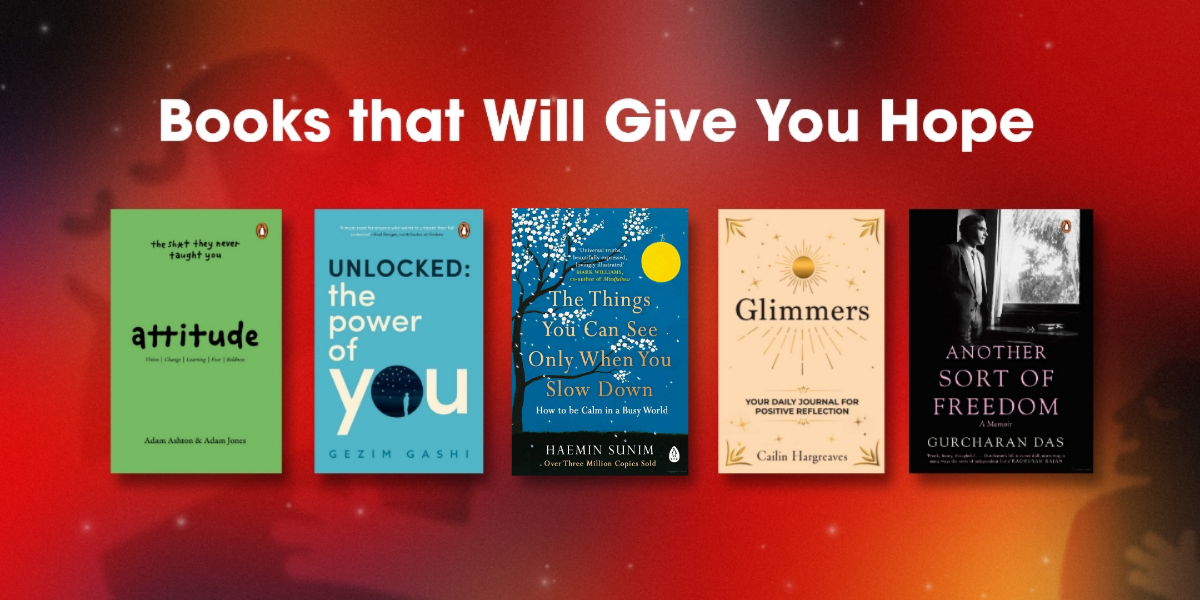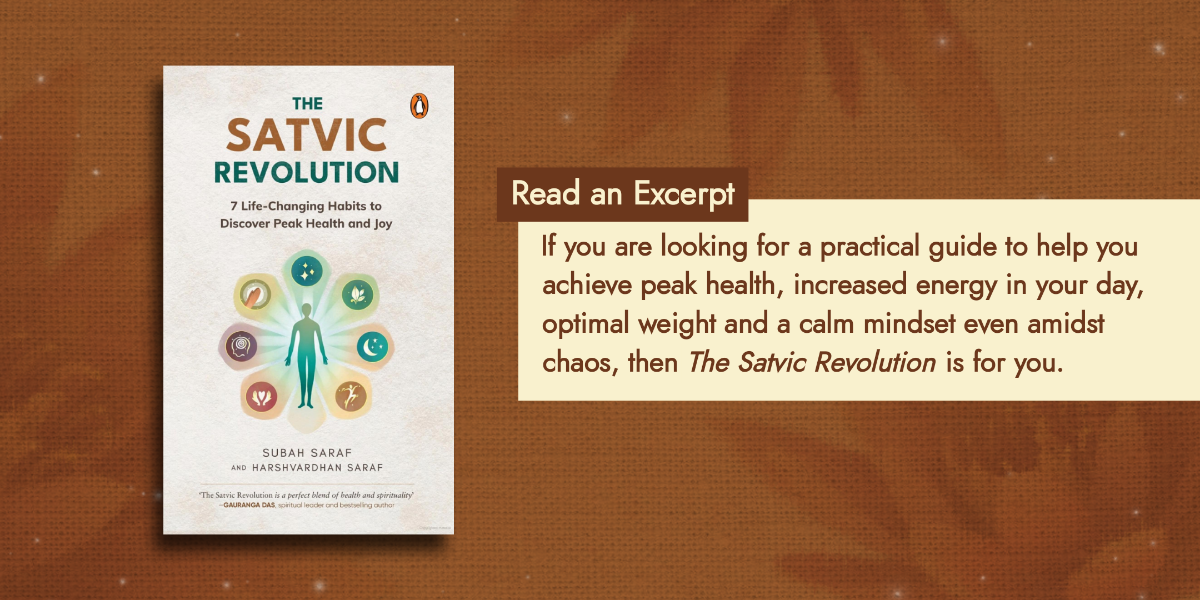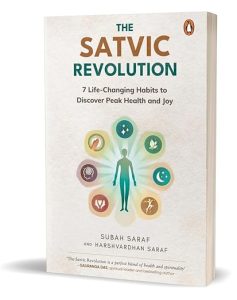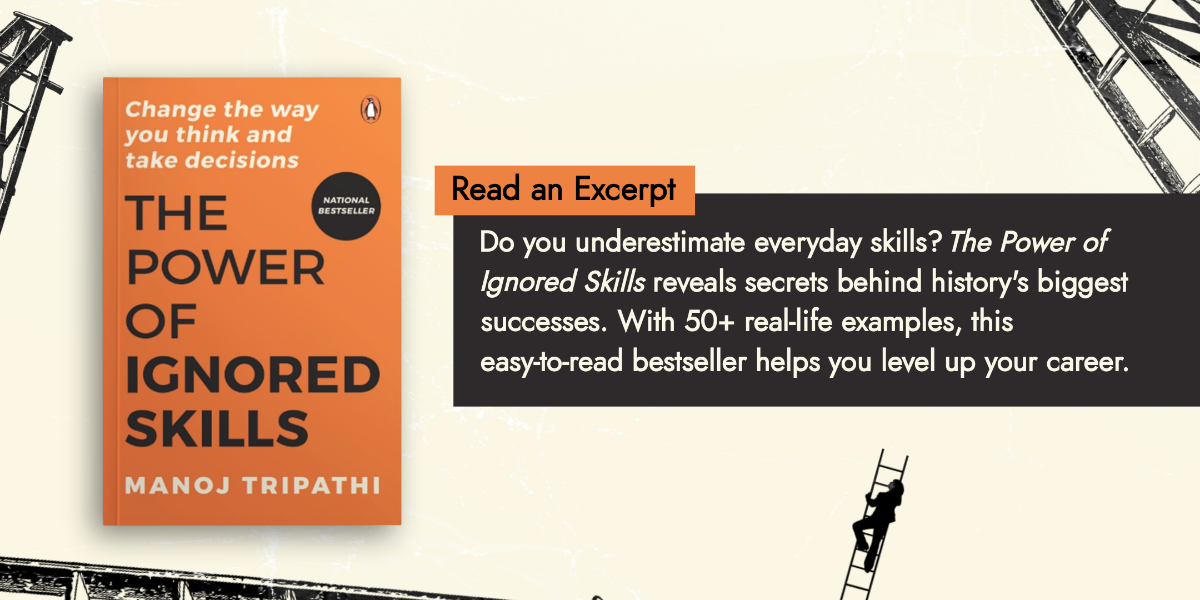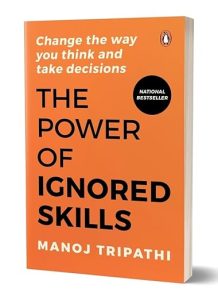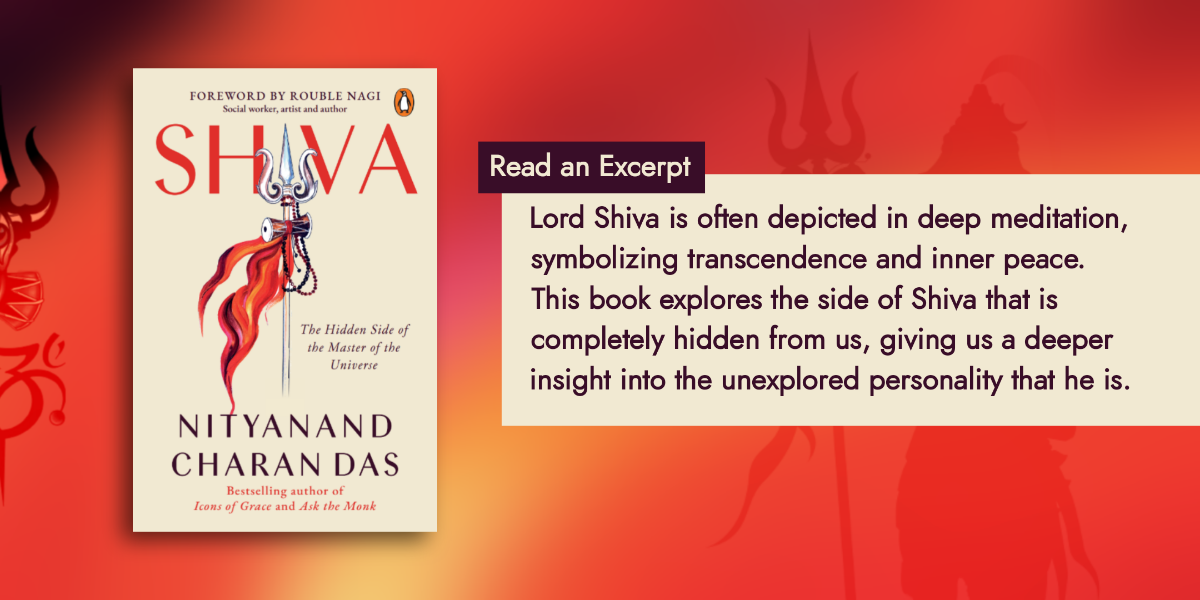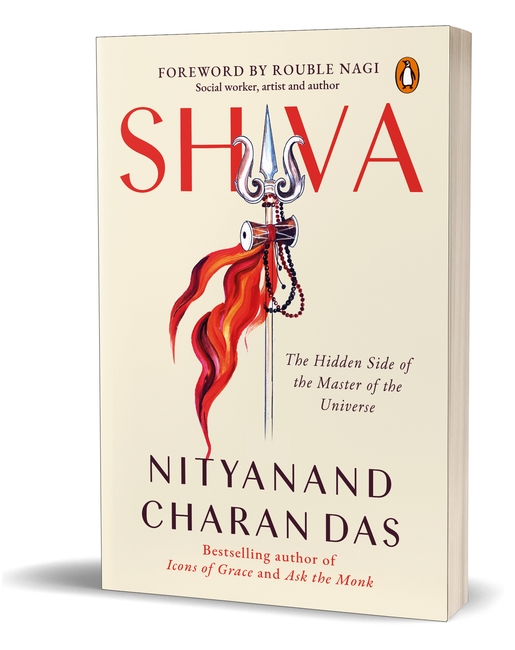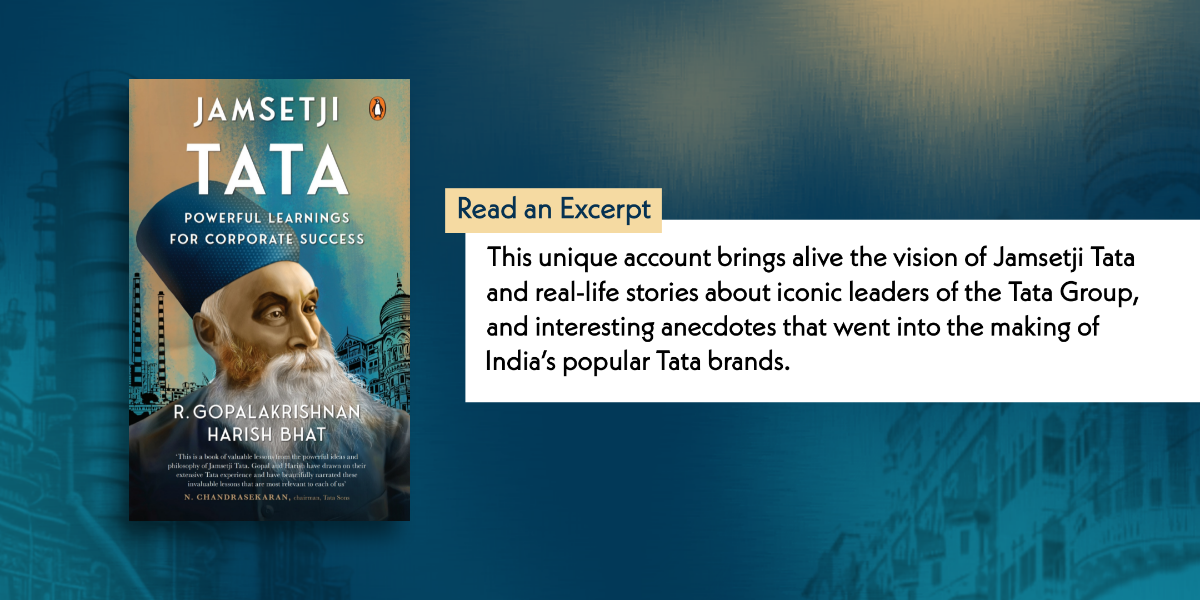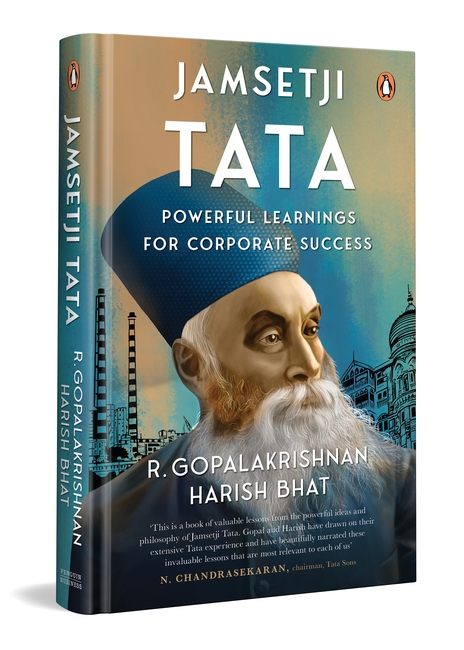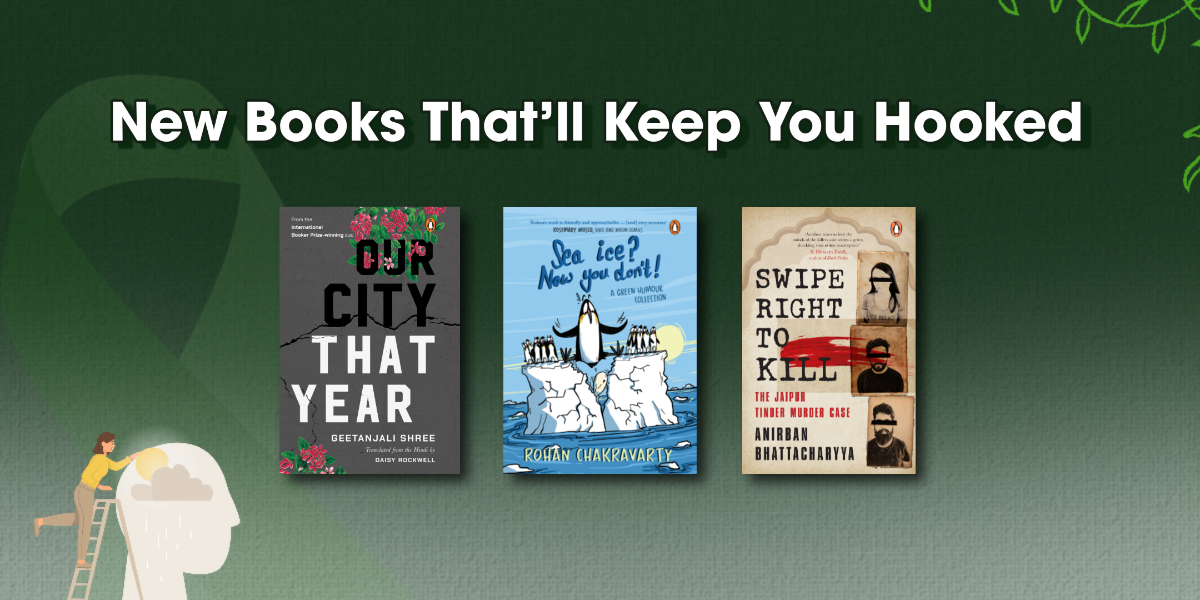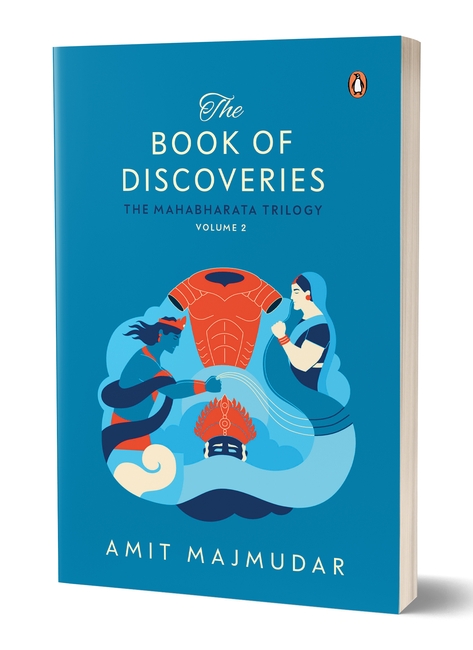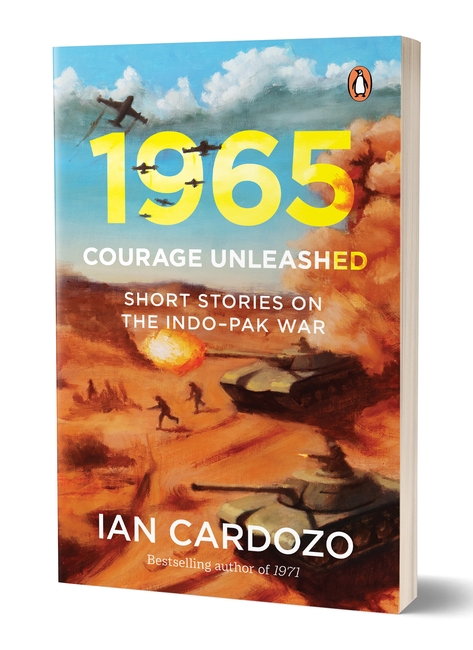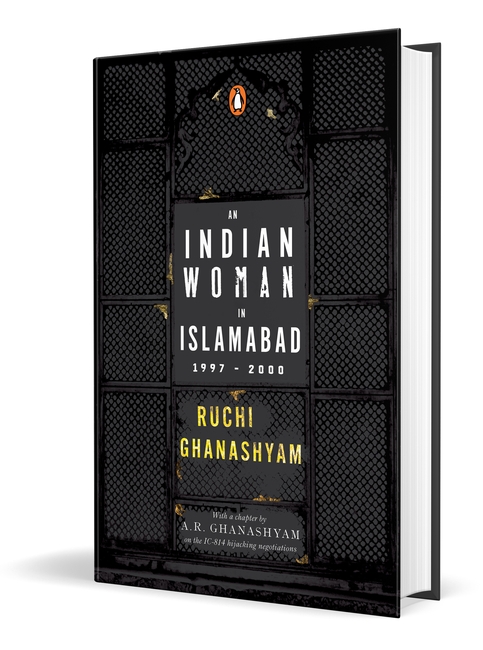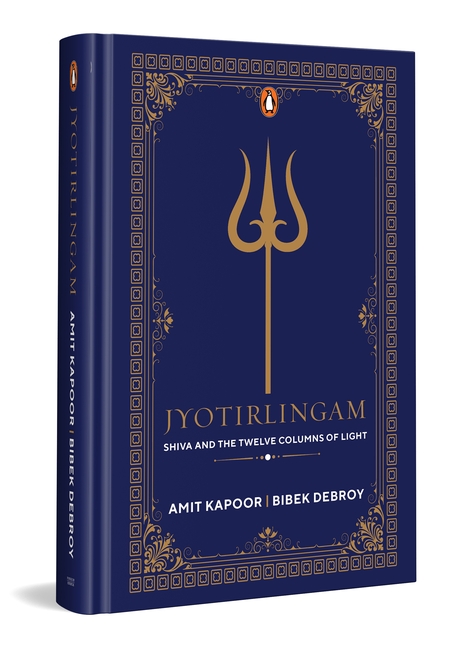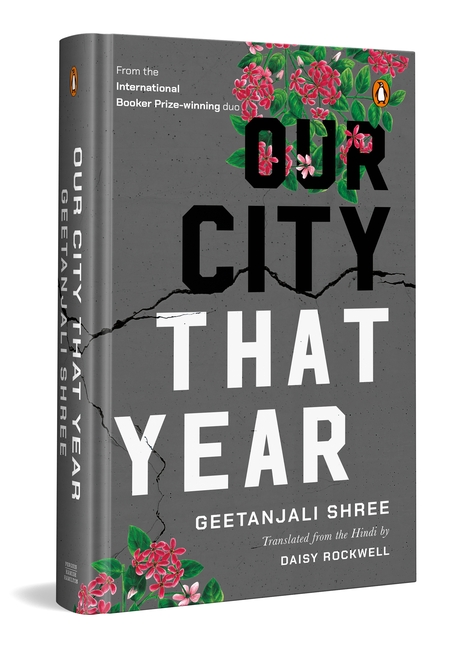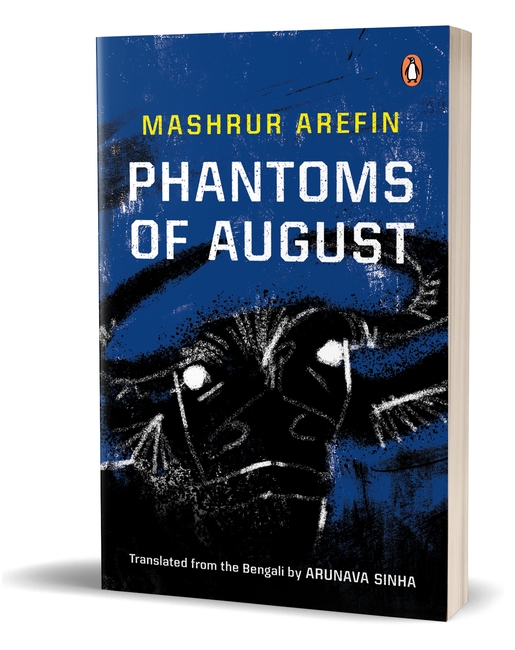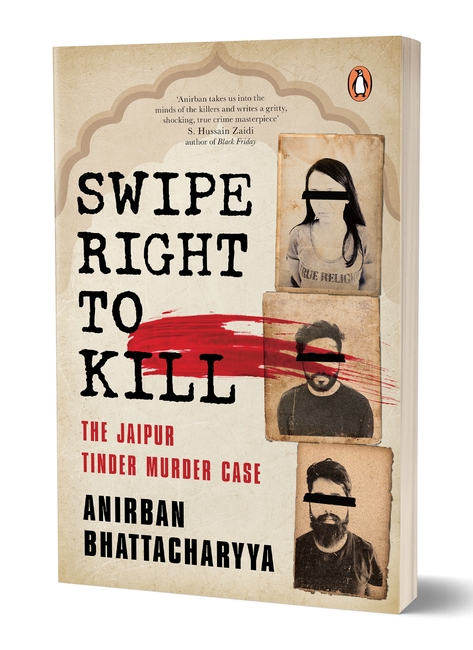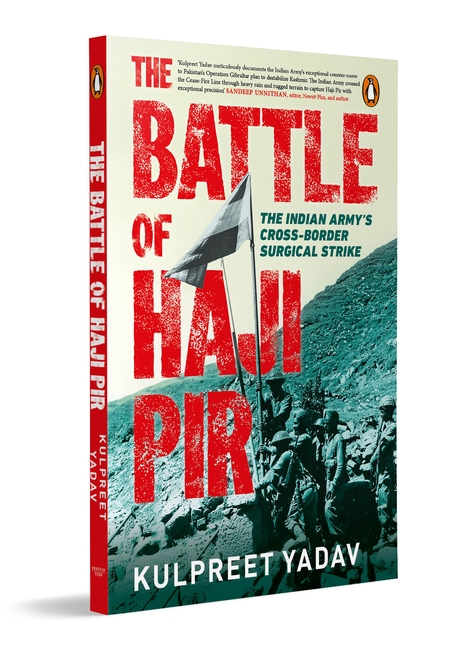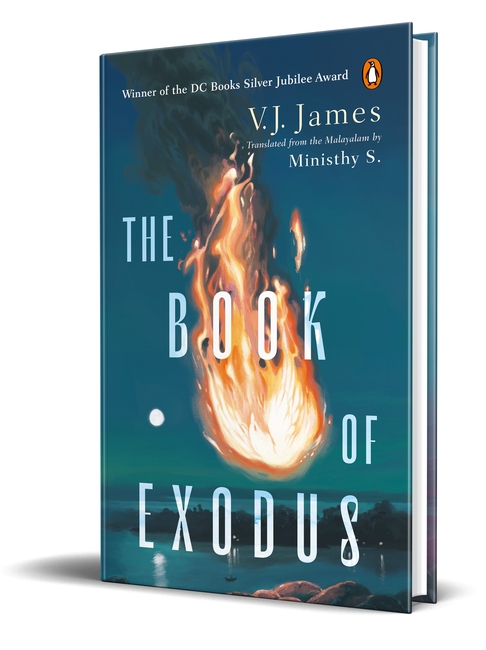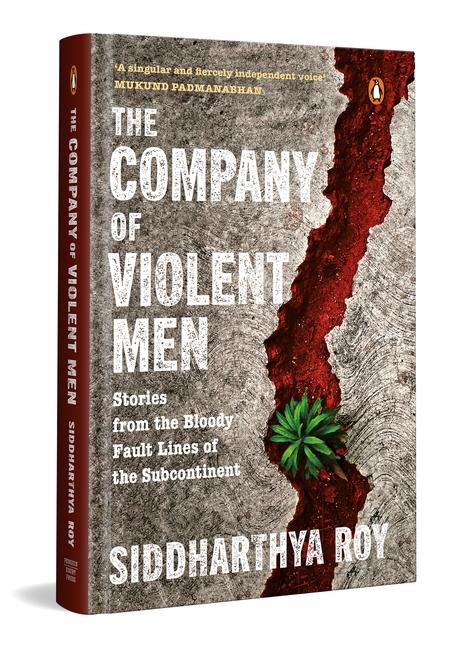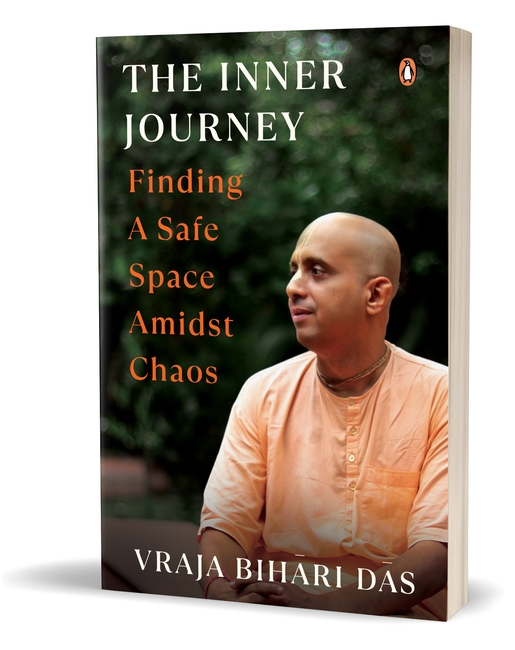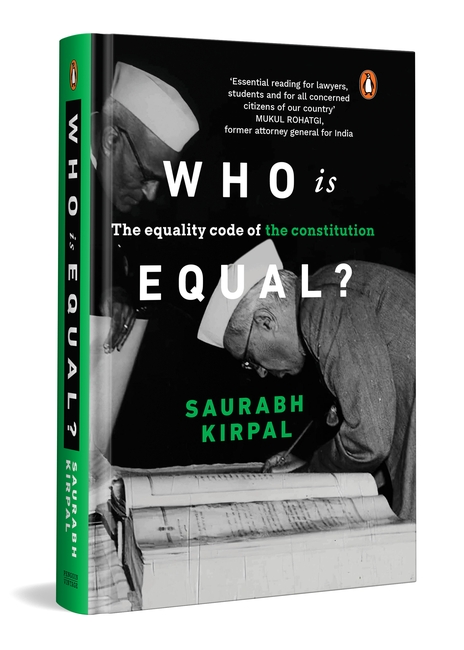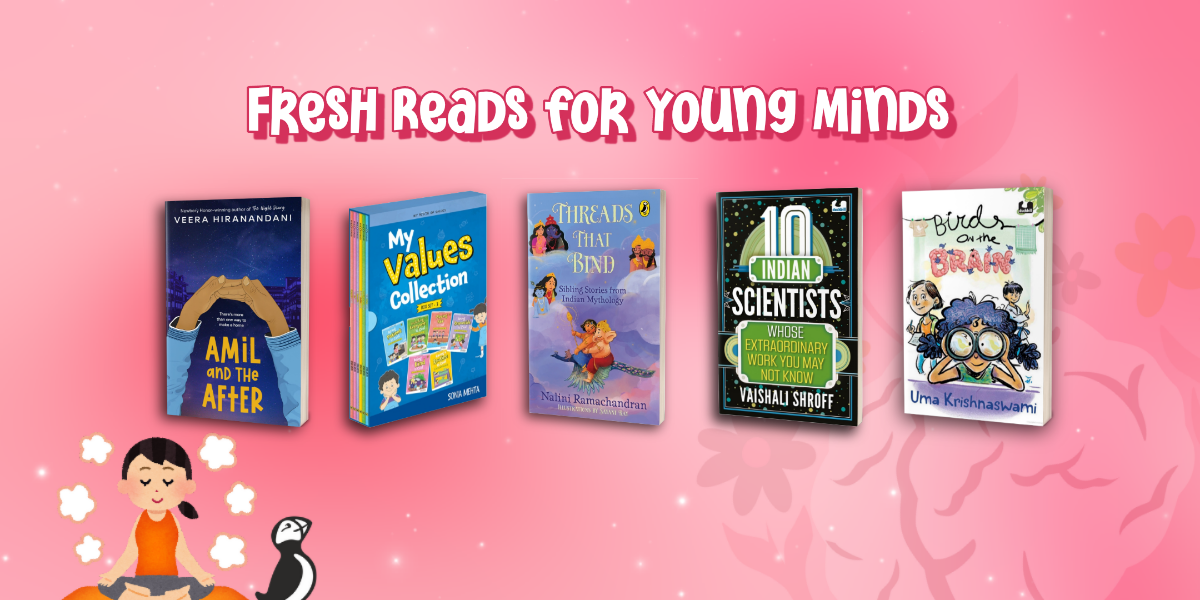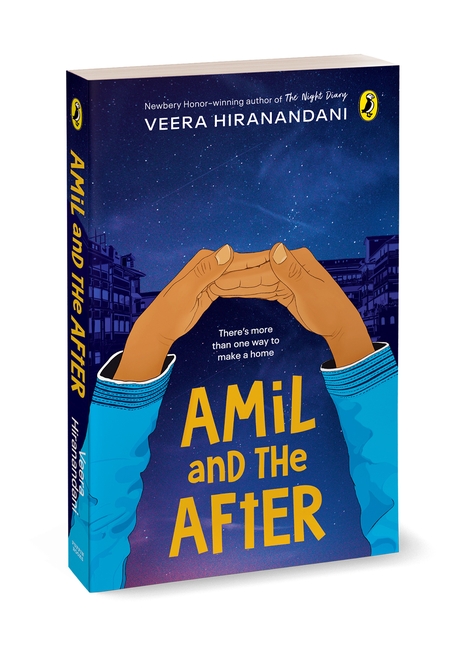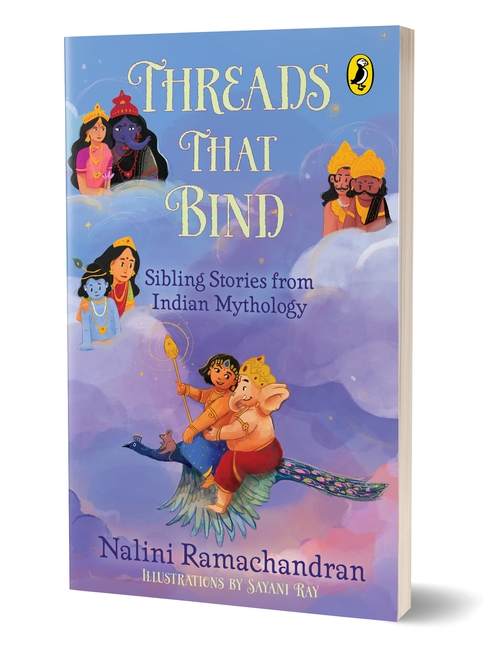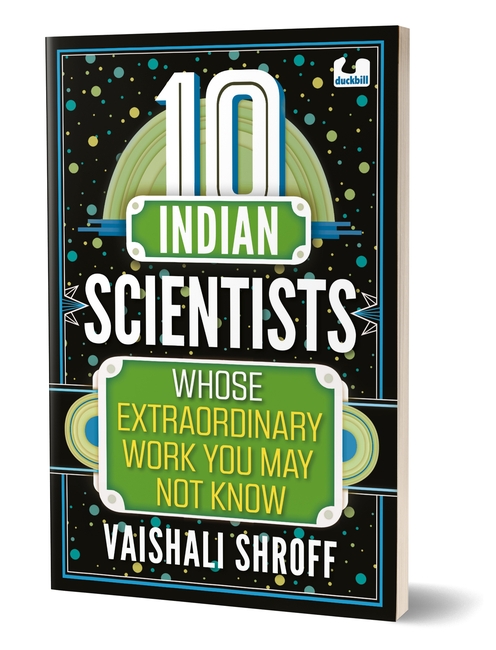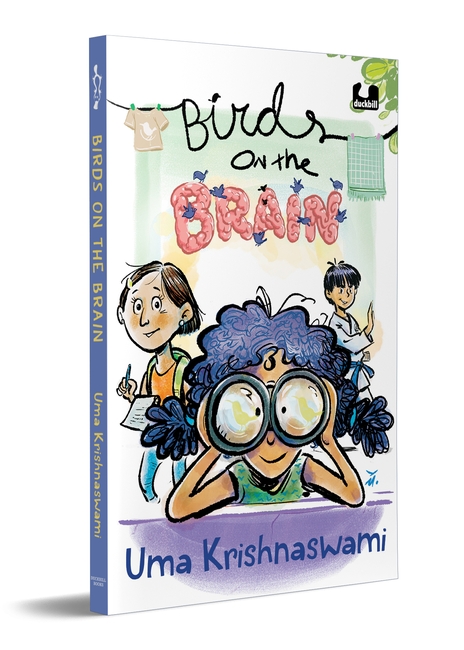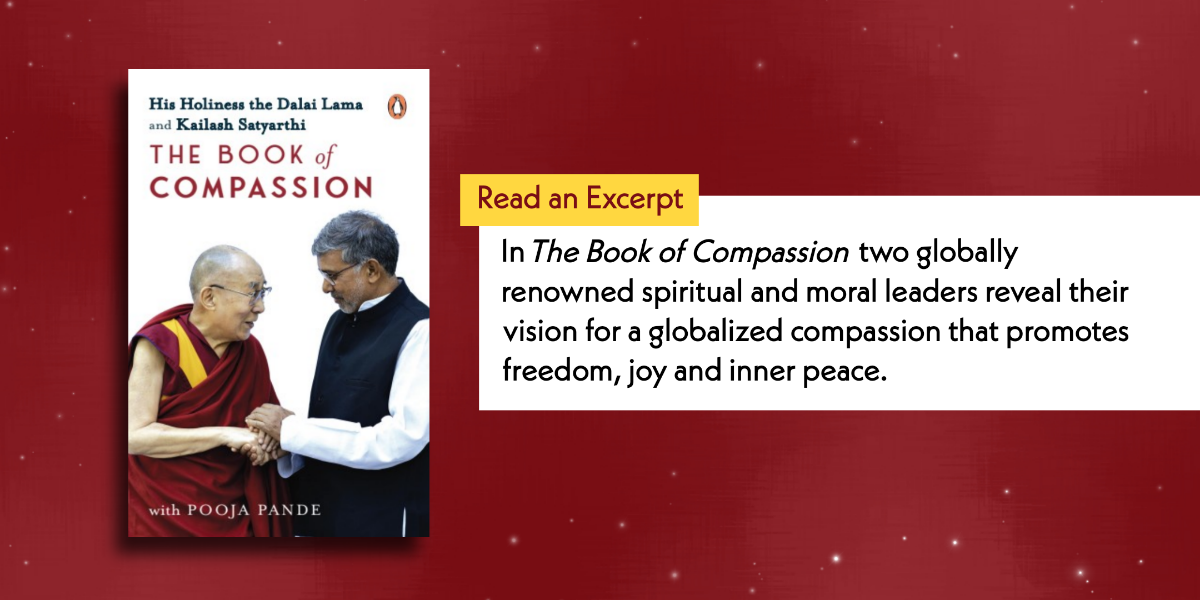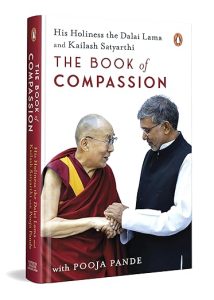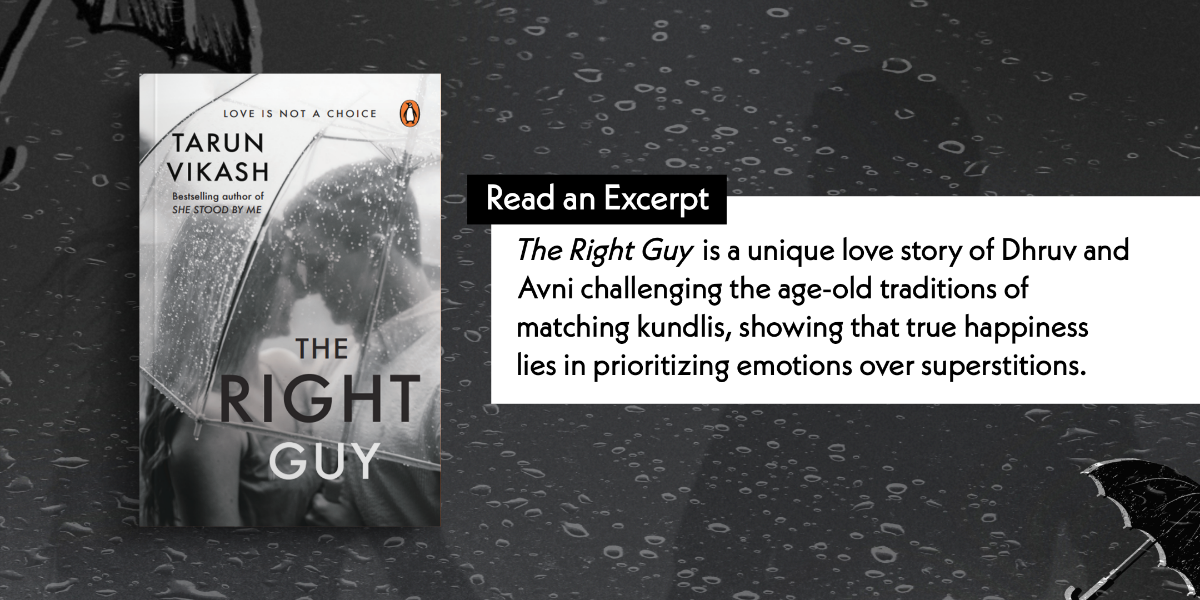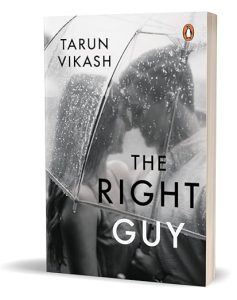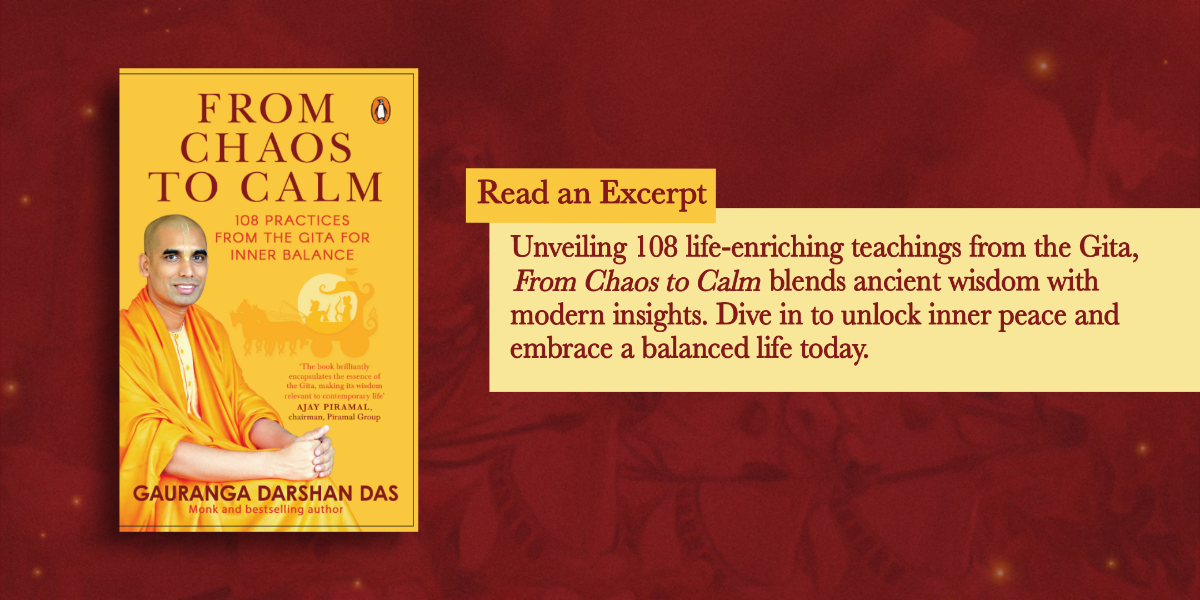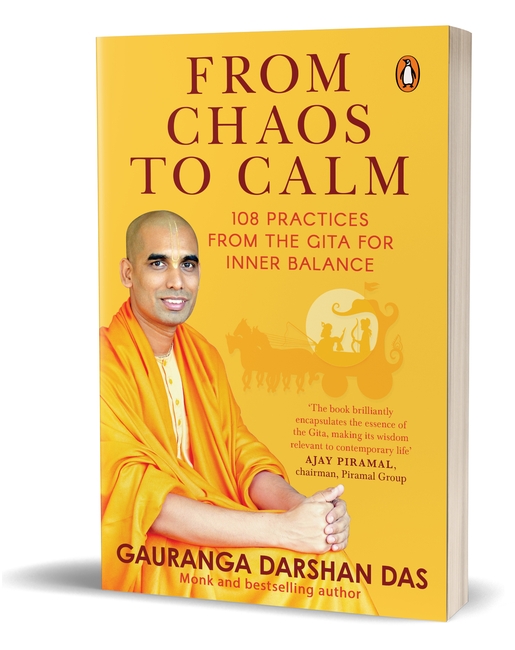If you’re on the lookout for books that can inspire personal growth and offer a fresh perspective on life, you’ve come to the right place. We’ve put together a list of reads that are not only motivating but also packed with practical lessons to help you slow down, reflect, grow and find joy in the everyday. So, grab a cup of tea, get comfy, and dive into these amazing reads that will guide you on your journey to a better mindset and a happier life!
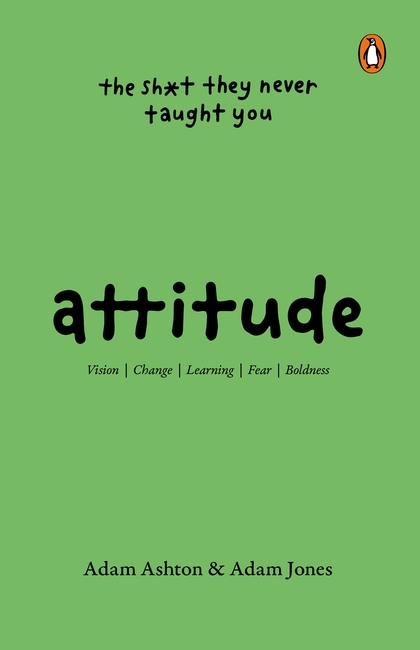
Have you ever stumbled upon a piece of life-changing knowledge that made you think: Why the hell didn’t someone tell me this sooner?!
Millions of people have listened to Adam Ashton and Adam Jones on the What You Will Learn podcast, where they have spent tens of thousands of hours studying the best ideas from the greatest minds on the planet. Their most frequently asked question: What is the best lesson you’ve come across? While you’d think a simple question would have a simple answer, it hasn’t-until now! Attitude: The Sh*t They Never Taught You will take you on a journey through takeaways from over a hundred of the world’s greatest thinkers, capturing lessons in personal development, career, business, personal finance, human nature, history and philosophy. Every lesson will be useful, and one might change your life. Remember, it is your attitude, not aptitude, that determines your altitude in life.
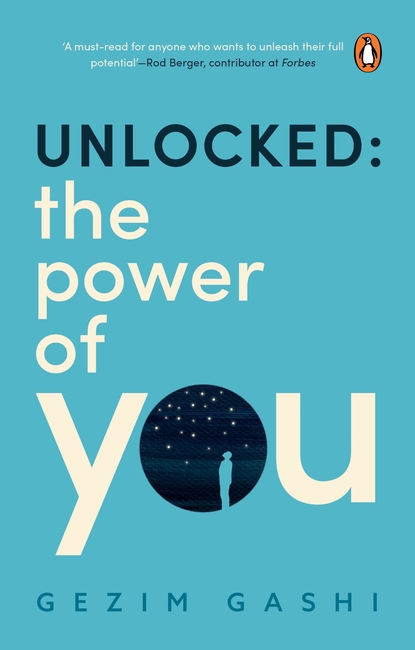
Gezim Gashi is currently on the ‘Unlocked: The Book Tour’ across North America, making stops at esteemed institutions such as Harvard University and Yale University. His objective is to motivate individuals to reach new heights in their lives.
Gezim Gashi is a purpose-driven entrepreneur, storyteller, producer, mentor, speaker, educator, branding expert, and partner at the OCS Institute of Arts & Innovation in Los Angeles, California. He has worked with companies such as the Walt Disney Company and Quincy Jones Productions. This is his first book. Originally from Akllap, Kosovo, he grew up in Alvesta, Sweden, and currently resides in both New York City and California.
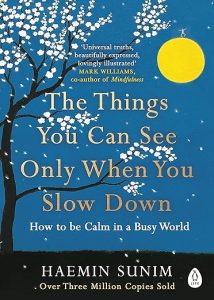
The world moves fast, but that doesn’t mean we have to. In this timely guide to mindfulness, Haemin Sunim, a Buddhist monk born in Korea and educated in the United States, offers advice on everything from handling setbacks to dealing with rest and relationships, in a beautiful book combining his teachings with calming full-colour illustrations. Haemin Sunim’s simple messages speak directly to the anxieties that have become part of modern life and remind us of the strength and joy that come from slowing down.
Hugely popular in Korea, Haemin Sunim is a Zen meditation teacher whose teachings transcend religion, borders and ages. With insight and compassion drawn from a life full of change, the bestselling monk succeeds at encouraging all of us to notice that when you slow down, the world slows down with you.

‘Glimmers’ is more than a journal; it’s a guide to finding joy in the everyday. Created by Cailin, this heartfelt collection of poems and illustrations illuminates the small, yet powerful moments that spark happiness and gratitude.
In these pages, you’re invited to explore your own ‘glimmers’ – those fleeting sparks of light that brighten life’s darker moments.
With thoughtful prompts and space for personal reflection, this journal is a sanctuary for self-discovery, healing, and embracing the beauty in life’s simple pleasures. Let ‘Glimmers’ be your compass in navigating life’s ups and downs, guiding you towards a journey of self-love, gratitude, and joy.
Notable Aspects –
A Collectible journal with beautiful illustrations and poetry.
Easy to do daily journal, or weekly as per the need.
Helps improve mental health and emotional well-being.
Helps reduce anxiety and connects with inner peace.
An elegant and thoughtful gift option.
Written by famous lnstagram poet and artist Cailin Hargreaves.
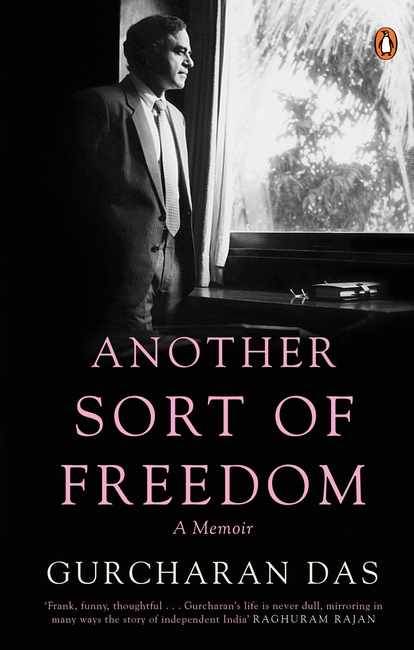
Another Sort of Freedom is a funny, moving and honest memoir of a man’s struggle to break free from expectations. Gurcharan Das was born in Lyallpur, Punjab, during World War II, when Hitler, Churchill and Hirohito were bashing everyone around. His mother noted in her diary, ‘This is a restless baby.’ By age two he had become ‘a difficult child’, and by three she was calling him a ‘troublemaker’. He discovered one day that he could run, and he has been running ever since.
There are strange twists in his journey, from Partition’s chaos to misguided attempts at winning over first loves. Setting out to become an engineer, he ends up with a philosophy degree from Harvard University. He then abandons a promising academic career in ivy-covered halls to become a salesman for Vicks VapoRub in India’s dusty bazaars. This leads him to the CEO’s position of Procter & Gamble India. One day, at the peak of his professional life, his high-powered corporate mask crumbles, and he walks away to become a celebrated writer and public intellectual.
Candid, witty and wry, the memoir is filled with moments of deep introspection at every turn alongside wise observations on the author’s encounters with history on four continents. This is Gurcharan Das as you have never seen him before.
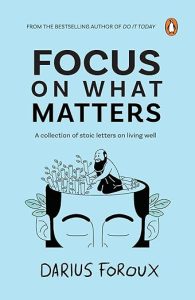
Why is it so hard to live well amidst the chaos and noise? While you might think this is a problem of the modern world, it’s a timeless issue.
2000 years ago, the ancient Stoics talked about the exact same challenges we’re facing today, like:
• How can we find inner peace?
• What does it take to be happy?
• Can we become more resilient?
The answers can be found in the philosophy of Stoicism. I’ve used the philosophy since 2014 to change my life and career.
Focus on What Matters is a collection of 70 letters/essays I wrote about different aspects of life, from happiness, wealth, health to relationships and much more.
These letters, inspired by the original works of the Stoic philosopher Seneca, serve as reminders to focus on the right things in our chaotic lives.
The goal of the original “Letters From A Stoic” by Seneca was to share Stoic ideas with his friend, Lucilius, who had hedonistic tendencies and lived a busy life.
Focus on What Matters is inspired by those letters.







